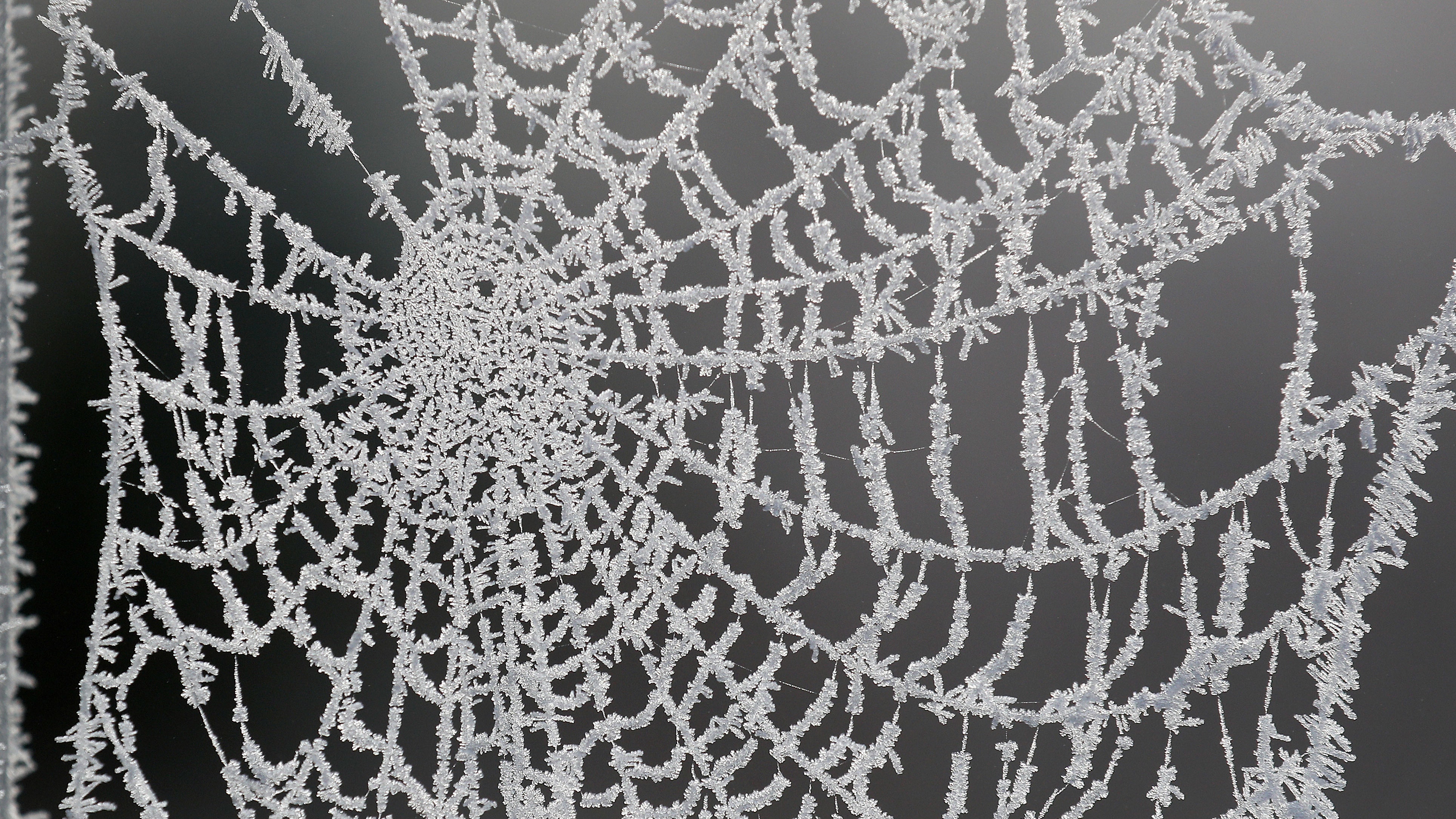
A BLAST of Arctic air will bring freezing conditions to the UK after a mild start to the year.
Temperatures are forecast to drop after Tuesday, bringing an end to what has been a mild January for most of the UK.
Freezing conditions are predicted, with overnight frosts and the possibility of rain showers turning snowy in some parts.
Temperatures are expected to reach freezing overnight for much of the country from Wednesday and could plunge as low as minus 5C in rural areas of Scotland.
Conditions will cool from midweek, as air from the north sweeps across the UK, the Met Office said.
Forecaster Mark Wilson said: “It will get colder from Wednesday.
“Temperatures will be dropping down, so by Friday we are looking at highs of 3-4C in the north and 6-7C in the south – not exceptionally cold but colder than it will be on Tuesday.”
He said there would also be a widespread frost overnight into Friday.
Temperatures are predicted to stay low for the following week, he added.
Meteorologist Bonnie Diamond said cold polar air from the north west will switch to a colder Arctic airflow from the north.
She said: “Through Wednesday a polar maritime air mass is going to push in from the west but by the time we get to Thursday it will be an Arctic air mass.”
North-east Scotland saw some snow on Monday, and expected rain showers could turn to snow by Friday in western parts of the UK, she added.
Average daytime temperatures in the south of England will struggle to rise above 6C, she said.
While this is the average for January, Ms Diamond said the contrast after such a mild January will have people reaching for their warmest coats and thermals.
She said: “Other than the odd cold snap for some parts for the first half of January it has been relatively mild, but this week is a transition to colder weather for the entire country and will be noticeable for all of us and we’re going to really feel the switch to colder temperatures.”
The Met Office has said there are signs that cold air from the east could make its way to the UK by the end of the month and into February, but added that this does not automatically mean the return of the so-called Beast from the East which brought heavy snow.
Ms Diamond said: “Just because the wind is coming from the east does not necessarily mean we are going to see a repeat of last year.”
Parts of Europe have seen extreme weather for the beginning of the year, with Austria experiencing the most January snowfall since 1923, she said.

Enjoy the convenience of having The Sunday Post delivered as a digital ePaper straight to your smartphone, tablet or computer.
Subscribe for only £5.49 a month and enjoy all the benefits of the printed paper as a digital replica.
Subscribe